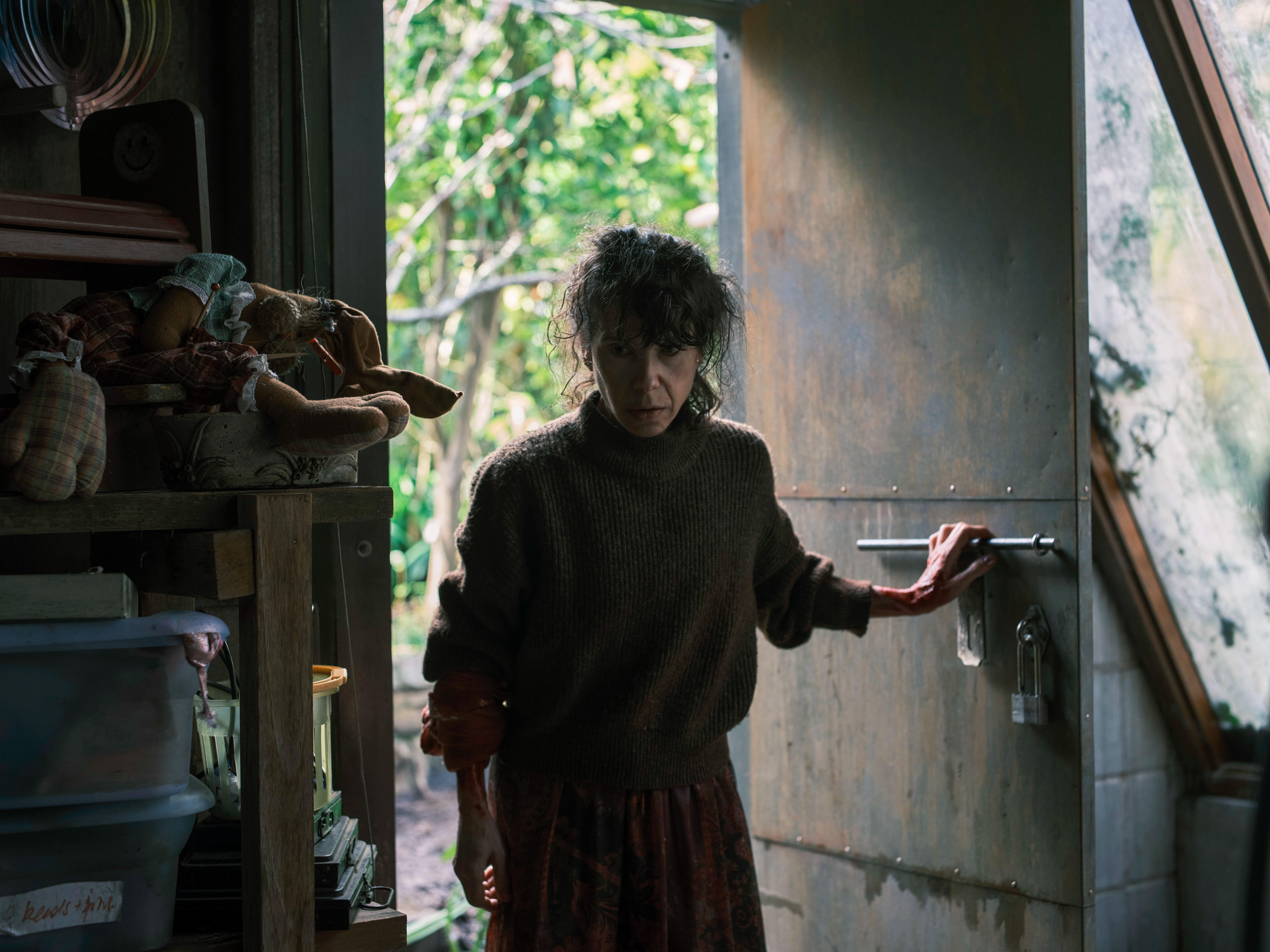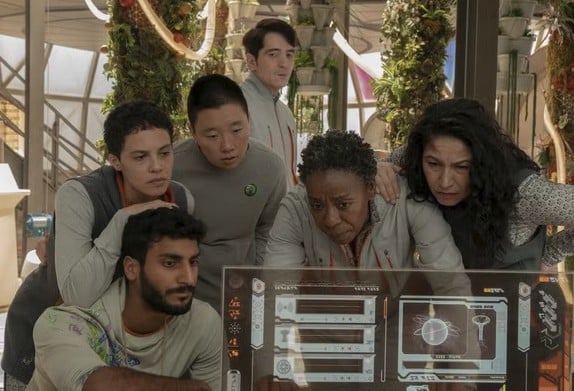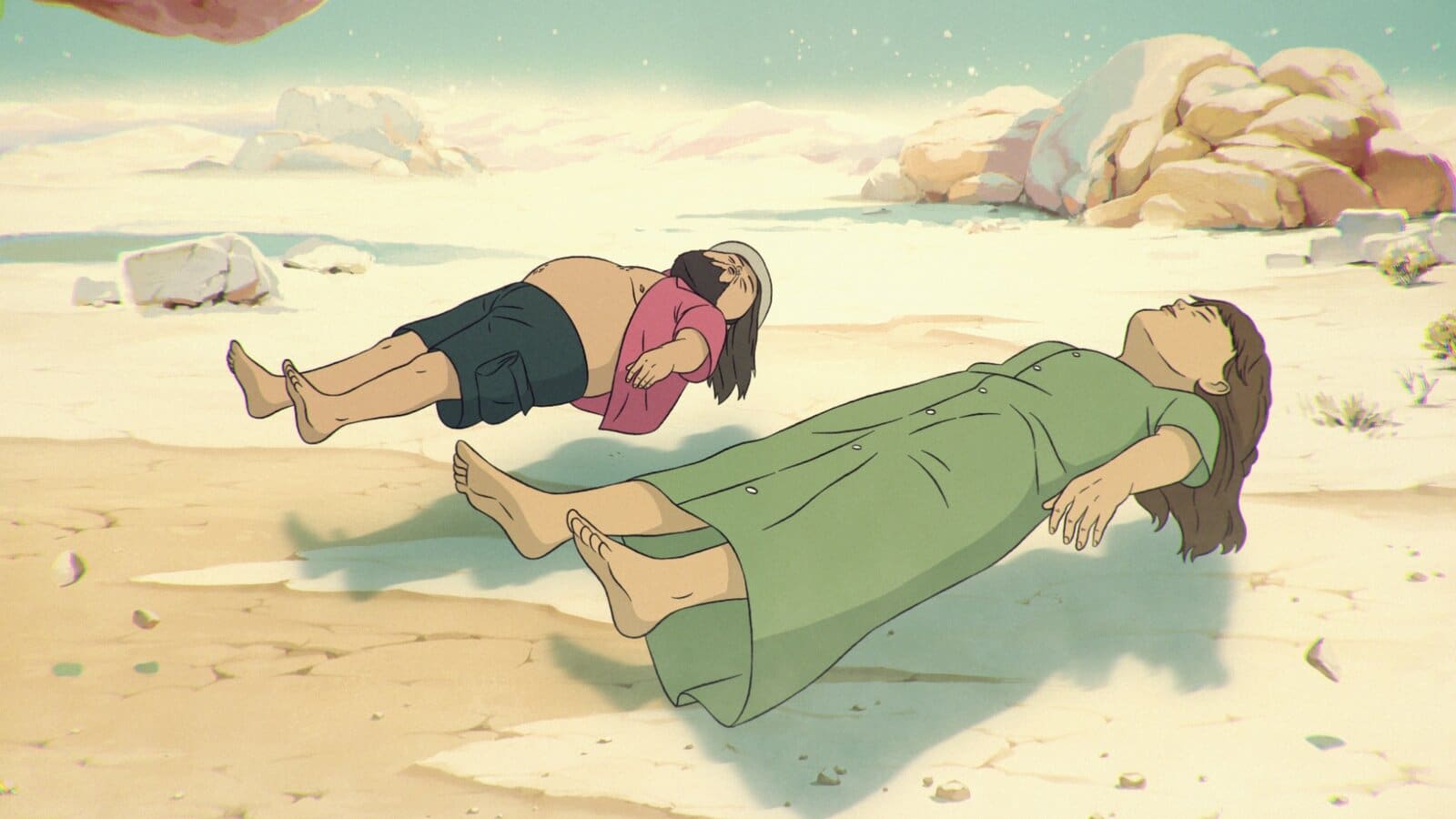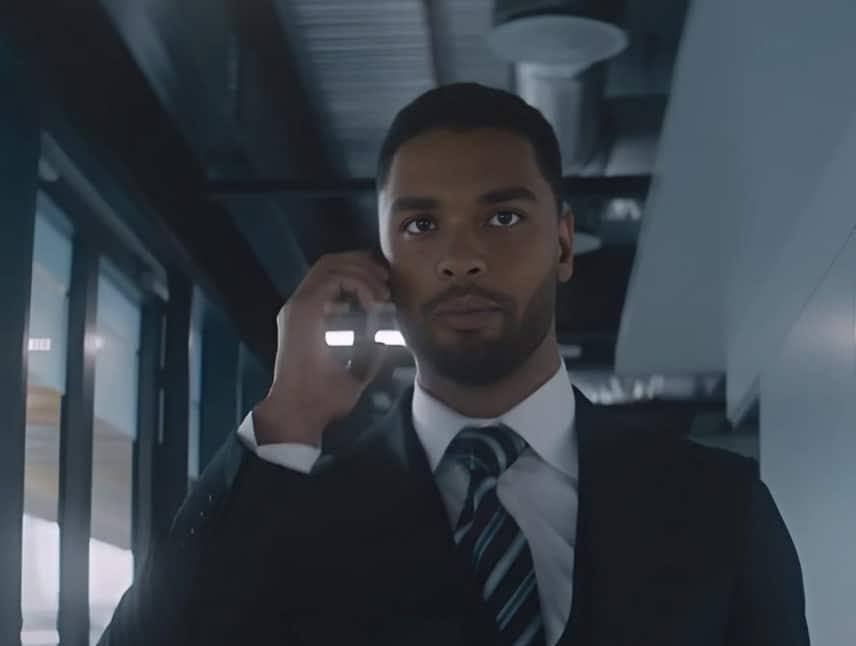Watercooler Pick
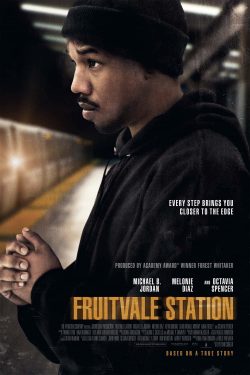
Fruitvale Station
- Movie
- Where to Find It: Netflix
- Rating: R
- Release Date: 2013
- Runtime: 85 minutes
Recommended by:
Share on social media
Find More Watercooler Picks
In the wake of the murder of George Floyd, many white Americans are asking ourselves: how could this happen yet again? What can we do, and how do we go about doing it? At some level, we know the answer lies in understanding and dismantling systemic racism in America. But what exactly does that mean? After so many similar killings, so many unarmed Black men dead at the hands of police, many of us feel powerless, anguished, and tired.
But we have to remember one thing now: our Black friends are even more tired. And they are traumatized. They have been living through systemic racism on an entirely different level, day in and day out, without a break. And, to put it mildly, they may not be in the right frame of mind to think through it with you, or to educate you, or to help you deal with your grief and your guilt.
So I want to say this to my white friends: Don’t ask your Black friends to do this work for you. Now is the time to think through it for yourselves, educate yourselves. Do the reading. Streaming a film like Fruitvale Station is a good start – even if a small one — on doing at least a little bit of the work required to understand.
Fruitvale Station, released in 2013, was Ryan Coogler’s directorial feature film debut. It dramatizes the final day in the life of another Black man in America: Oscar Grant III. Grant, a Bay Area resident, was only 22 when he was fatally shot by a police officer, in Fruitvale Station, in the early morning hours of January 1, 2009.
Oscar Grant is depicted as a young man at a crossroads in his life, thinking about the kinds of things many of us think about on the last day of the year: where we’ve failed, and where the world has failed us; what we need, and where we need to do better. We see Grant with his mother and his daughter and his girlfriend; with his friends and with strangers; and we see his kindness and his faults, his humor and his humanity.
As the film moves toward its devastating third act, we witness how the small, innocuous decisions he made that day – to help a stranger, to take his mother’s advice – lead toward an undeserved, unjust, and all-too-final consequence. Because we know how it all will end, the film feels ever heavier as we move forward. The weight becomes unbearable, and it’s difficult to keep on watching; yet we know we must not look away.
Grant was lying face down when he was shot. Fruitvale Station begins with actual footage of the homicide, recorded by a bystander on a cell phone camera. Coogler’s decision to include that footage felt, at the time the film was released, deeply unsettling, perhaps even exploitative. To recall how shocking that footage was, in 2009 and again in 2013, is, frankly, to realize how much things have changed for the worse.
Now, the decision to include the footage feels not only right, but prescient. As cell phone cameras have become more ubiquitous, there have been so many – far too many — similar videos. We recoil when we see them. We feel shock or horror or nausea, or even fatigue. We may cover our eyes; we may try to avoid sharing or watching them. But we also know that sometimes, these violent, viral videos are the only way the victims come close to a hope of justice. Grant’s death was ruled a homicide. And because it was filmed by bystanders, there was evidence. But the officer who shot him served, in the end, only eleven months for manslaughter.
And, eleven years and a few months later, on May 25, 2020, for eight minutes and forty-six seconds, a uniformed policeman pressed his knee into George Floyd’s neck, ignoring the man’s cries as he suffered and died. Floyd was unarmed, and accused of a nonviolent crime; and there is no version of events, no sane universe, where what happened to him makes any sense.
Again, a bystander recorded the incident: a teenage girl who, in an ideal world, should never have had to witness such a bleak and violent scene, let alone stand a few feet away, in fear for her own life, to record it.
And the video was shared, and shared again, until it went viral. And again, we were shaken, distraught, traumatized and grief-stricken. We recoiled in horror, and we called for the murderers to be held accountable. And maybe, this time, they will be.
But this wasn’t the first such murder; and there is, beneath the grief, a numbing, awful fear that this will not be the last. And that is why, now more than ever, we know that we cannot—we must not—look away.
To begin to understand systemic racism in America, watch Fruitvale Station. Based on a true story, the film is a poignant and powerful snapshot of a life interrupted, cut brutally short without warning.
Get a group of friends together. Watch and discuss, like you’d do with a book club.
Oscar Grant was a breakout performance for Michael B. Jordan, who can currently be seen as death-row lawyer Bryan Stevenson in Just Mercy, which is streaming free from Warner Brothers.
- Moods: enlighten me, inspire me
- Interests: conversation worthy, crime and punishment, true stories

Lara Kristin Herndon



